Tusting Talks... to the creative team behind The Limit.
This week we chat to the creative team behind The Limit, opening in the Linbury Theatre at The Royal Opera House on Monday. Composer Isobel Waller-Bridge, Choreographer Kristen McNally and Director Ed Madden discuss adapting Sam Steiner’s play Lemons Lemons Lemons Lemons Lemons into a piece of dance-theatre and of course, let us know what’s always in their bags…
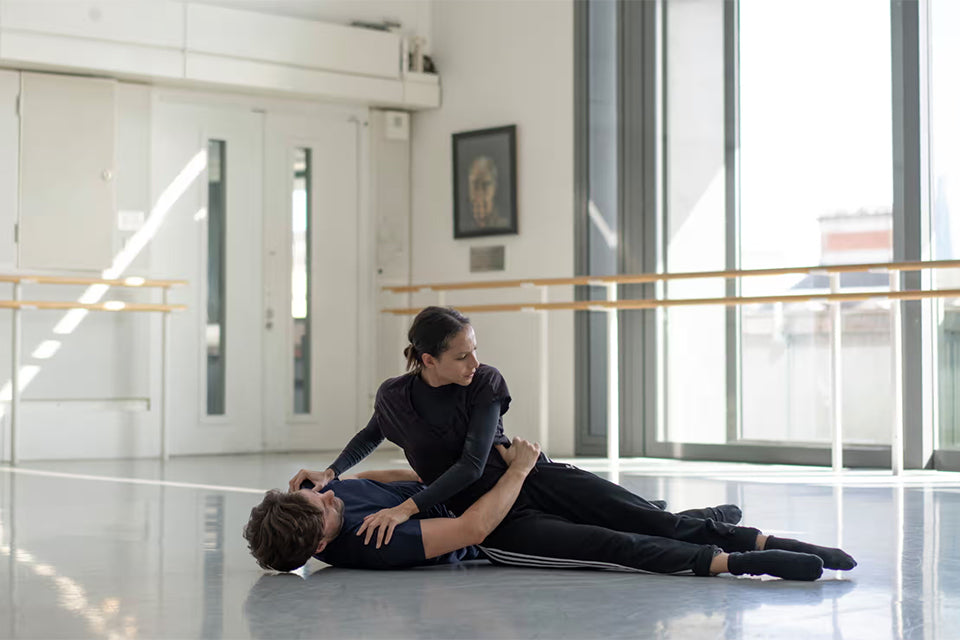
What enticed you to get involved with The Limit?
Isobel: Working with dancers and choreographers has always been a dream of mine. But for this project I was interested in the concept that Ed and Kristen were proposing. The idea of the three elements – dialogue, dance and music being in conversation with each other simultaneously. I had never seen or made work like that. Kristen McNally is an extraordinary choreographer and all-round creative mind. Watching Kristen’s collaboration with Ed – bringing the language of words and dance together has been fascinating.
Ed: I directed the original production of Sam’s play, and the idea of coming back to it in this entirely new way just felt thrilling and challenging and like a truly one-off opportunity; the chance to collaborate with Kristen and the dancers was too good – and genuinely experimental – to turn down.
Kristen: The prospect of working with text in this way was something that hugely excited me. I often use text as a way into creating movement but never experienced the dancers speaking it live.
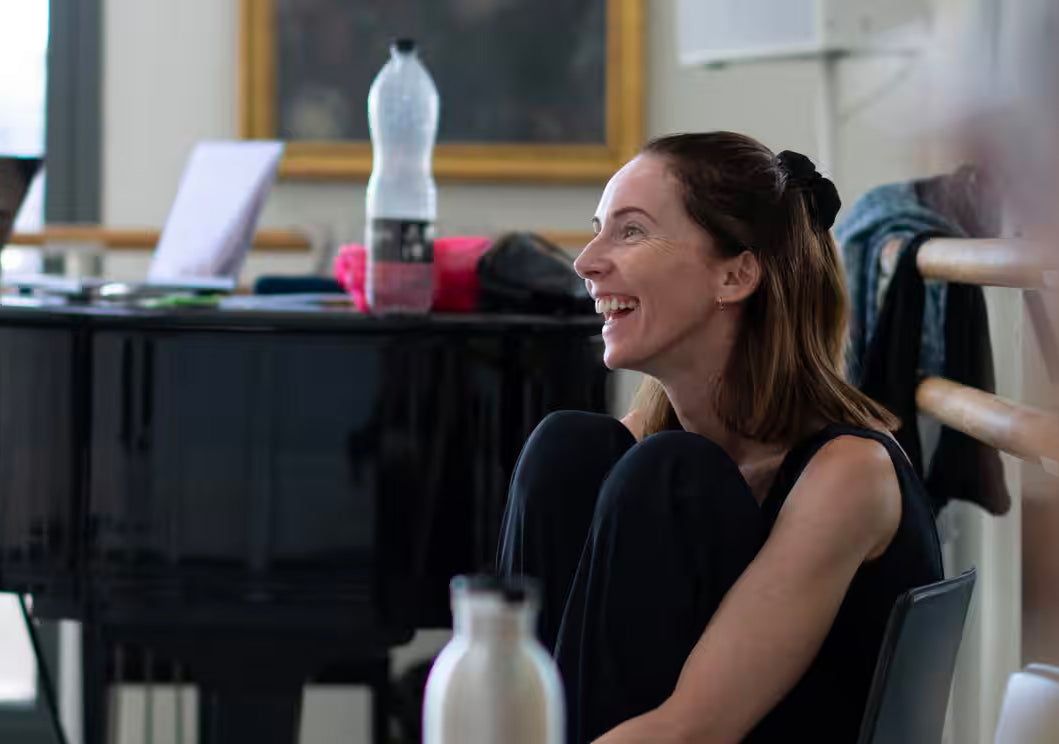
Can you talk us through your creative process when working on a project?
Isobel: I spend a lot of time thinking and walking and reading and looking at things that are connected to the project. Most of my creative process is this, so by the time I start writing I am hopefully feeling intuitive and instinctive rather than analytical. If I start writing before I’ve done the conceptualising, then I find I get can stuck early on and it be a little stop-start, and so I try to give my consciousness enough information for my subconscious to be in a free flow when I start. I am also very visual. I need visuals around me that are related to the project. They can be colours, images, anything that stimulates my imagination connected to that piece. When I’m working on a project, I only have those relevant images on the walls. Then when that project is in the world those come down, and very slowly the next go up.
Ed: I think a director’s job isn’t necessarily to have the best idea in the room, but to recognise the best idea in the room. So, a big part of the process is to surround myself with talented artists well-matched to the project and to trust them; and gradually to bring all the elements together into a whole.
Kristen: I love a Pinterest board! Gathering together anything that is inspiring me is visually very helpful.
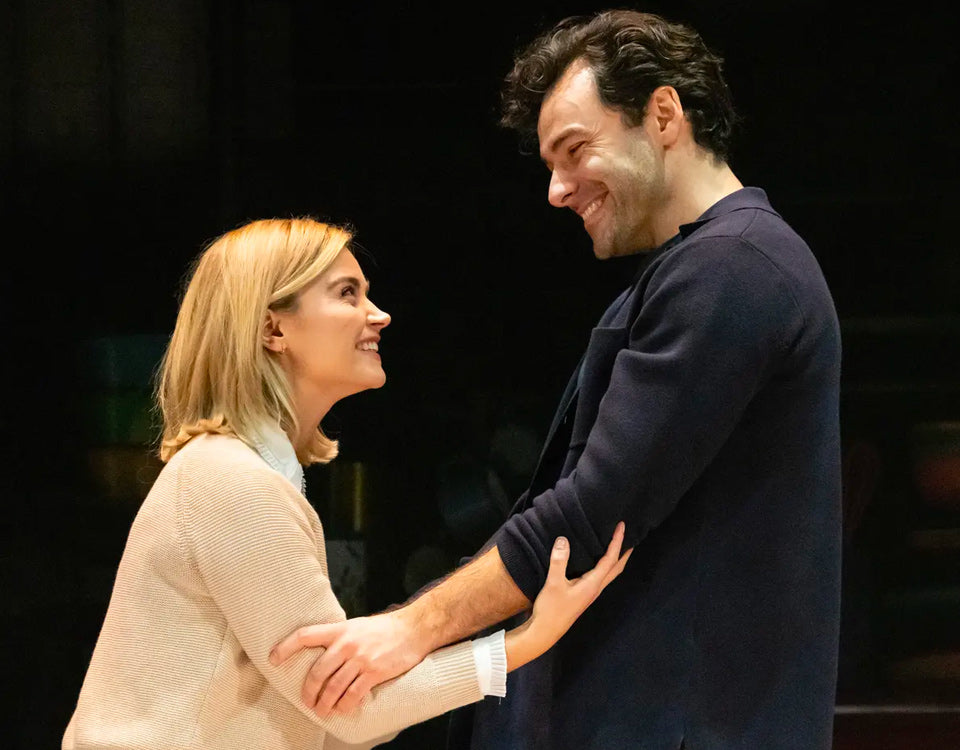
For those who have seen the original play Lemons Lemons Lemons Lemons Lemons, how does this work of dance-theatre differ?
Isobel: Sam has been extremely open and generous with his work for this piece. I never saw the original play, so for me this piece has only existed with dance, and that’s kind of wonderful.
Ed: The narrative is broadly the same. What we wanted was for dance to become a co-primary language in the telling of that narrative; to achieve a kind of emotionality that text can’t always get at. I think it’s a stranger, sadder, somehow more mythic piece of work.
Kristen: Sam has been hugely open and generous with his work. The addition of dance has given it an other worldly quality.
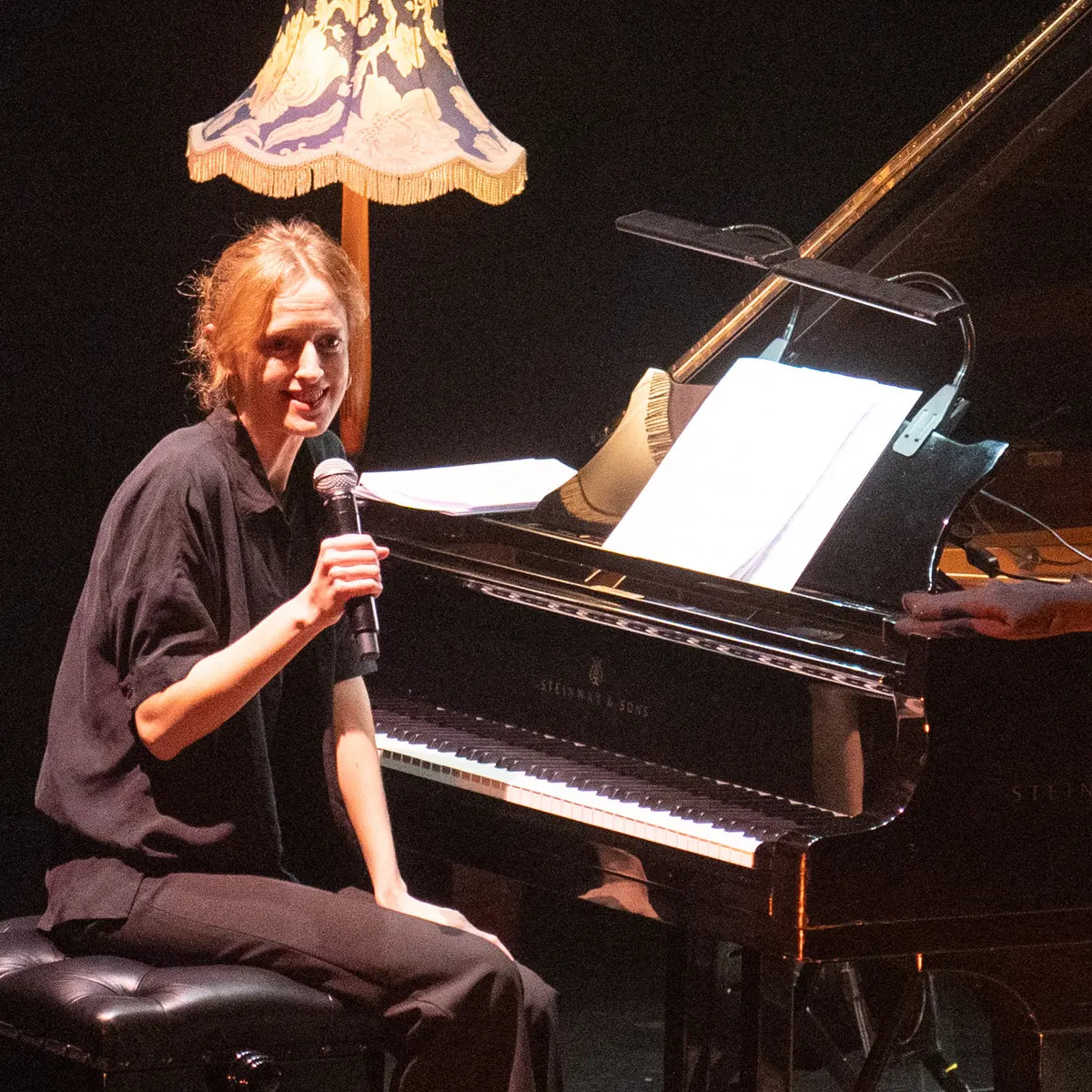
How did you get into your chosen career path?
Isobel: I started playing music when I was 4 years old and really from then onwards it always music. It has always been at the centre of me. I started really composing around 10 years old, and then that eventually took me through to studying for a masters in composition at Kings College London.
From there, Matthew Scott at the National Theatre gave me a job, which was a break, and then I started assisting film composers. All the while writing my own weird little pieces, songs, and performing. Genre or medium has never been something I’ve been too preoccupied with. Whether it’s ballet, an installation, a film score. It is the approach that interests me. Creating music for different worlds. Inhabiting them. I like that.
Ed: I started directing plays at university and loved everything about it; being at the service of great writing, leading a team of collaborators, the difficulty and reward of slowly shaping something into the most highly achieved version of itself.
Kirsten: There is a platform at The Royal Ballet called Draftwork’s which offers opportunities for dancers to create work, be it the first seed of an idea to a fully realised one. I started taking part when I first joined and always loved the creative process.
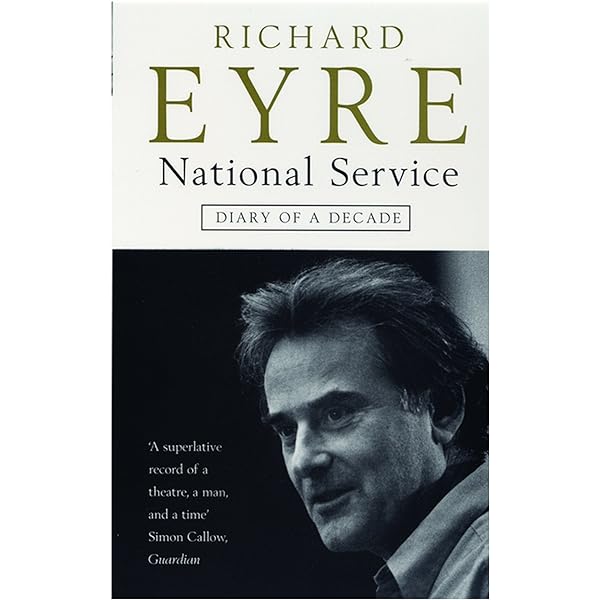
What’s the best piece of advice you’ve been given?
Isobel: Don’t hesitate
Ed: Richard Eyre’s diaries from his time as artistic director of the National Theatre make up a remarkable body of advice both on directing and living. I re-read them every couple of years.
Kristen: Make what you love.
What’s always in your bag?
Isobel: AirPods, a book and a pen.
Ed: Postage stamps. Just once or twice, somebody has said “does anyone have a stamp?” and I have had a stamp, and it has made it all worthwhile.
Kristen: AirPods, lip balm and a fortune charm from a shrine in Japan. My friend Mariko translated it for me and said it was the luckiest fortune there was. Haha. I think I was having a bad day and she cheered me up. I’ve never asked for a second translation!
Any projects on the horizon you can tell us about?
Isobel: I have just started a ballet for the American Ballet Theatre. It’s an adaptation of Dostoyevsky’s Crime and Punishment, and will be on at the Lincoln Centre in Oct 2024.
Ed: In the new year I’m directing a brilliant new play called This Might Not Be It, by Sophia Chetin-Leuner, at the Bush.
To discover more about these brilliant creatives, click below.





